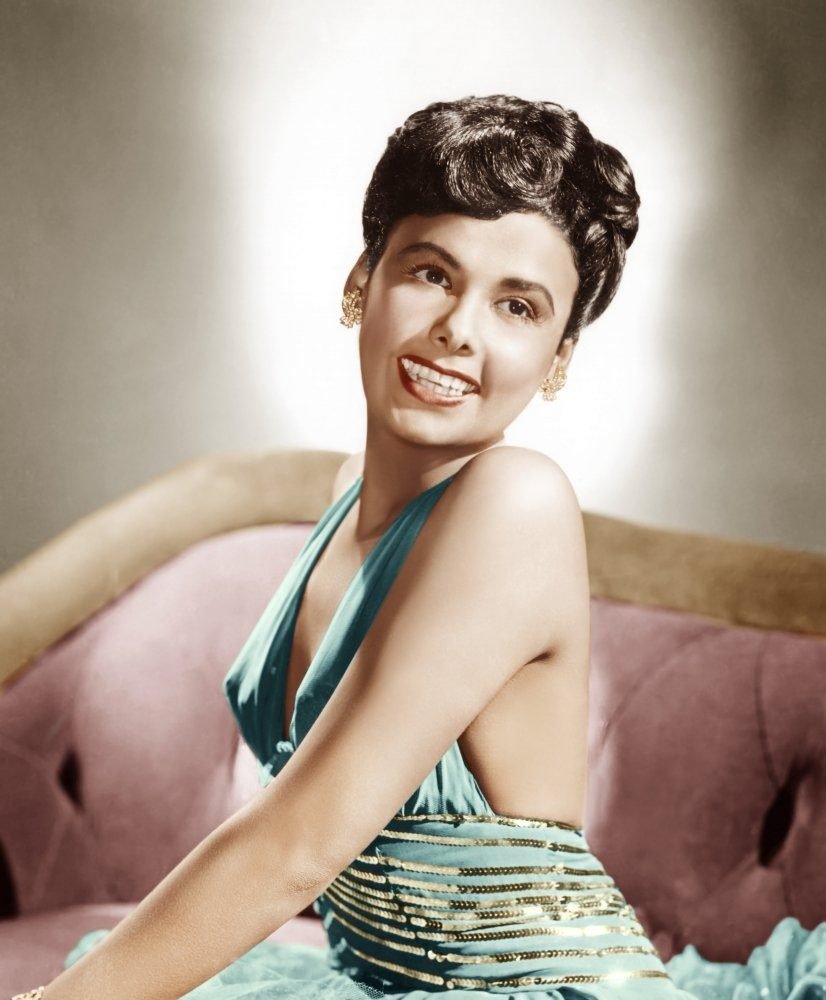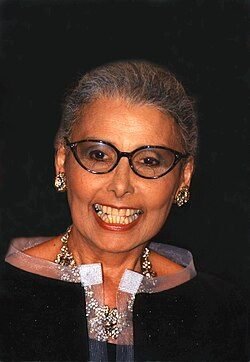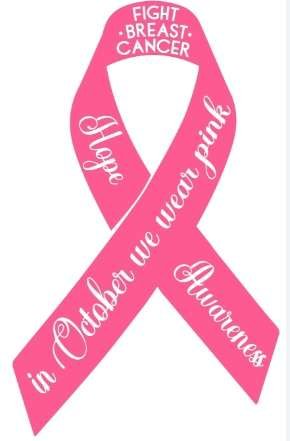
By Milton Kirby | Atlanta, GA | June 30, 2025
On what would have been her 108th birthday, the world pauses to honor Lena Horne—a legendary singer, actress, civil rights activist, and one of the most influential Black women in American history. Horne’s career, which spanned over seven decades, was defined not only by her talent and glamour but by her fierce determination to fight against racial injustice and challenge the limits placed on her by society and Hollywood.
Born Lena Mary Calhoun Horne on June 30, 1917, in Brooklyn, New York, she emerged from a lineage of educated and civically engaged African Americans. Her grandmother, an early suffragist and activist, shaped Lena’s worldview. Despite a nomadic and, at times, lonely childhood spent following her mother’s theatrical career across the country, Horne carried the strength of her heritage with her. She left high school at 16 to perform at Harlem’s famed Cotton Club, launching a path that would eventually lead her to become the first Black performer signed to a long-term contract with a major Hollywood studio—Metro-Goldwyn-Mayer (MGM).
While at MGM, Horne appeared in more than 16 films between 1938 and 1978. Yet, due to racism, her roles were often stand-alone musical numbers that could be cut out when films were shown in segregated theaters. She was systematically denied leading roles, and in a cruel twist, even lost the part of Julie LaVerne in the 1951 film “Show Boat” to Ava Gardner, despite previously singing the part in another movie. The role was denied to her because of a ban on interracial relationships onscreen.
Horne never allowed these exclusions to define her. She sued restaurants and theaters for racial discrimination in the late 1940s and joined forces with civil rights leaders like Paul Robeson and Eleanor Roosevelt. Her activism led to blacklisting during the McCarthy era, but Horne never backed down. When the U.S. Army allowed German POWs to sit in front of Black soldiers at a World War II USO performance, she walked off stage and personally financed her own tour to entertain Black troops.
“My identity is very clear to me now. I am a Black woman. I’m free. I don’t have to be a symbol to anybody,” she once said. This powerful statement reflects Lena Horne’s journey of self-definition and pride. Her words continue to inspire others to embrace their own identities with confidence and self-awareness.

In the 1960s, Horne was a prominent figure in the civil rights movement. She marched in Washington, performed at rallies in the Jim Crow South, and lent her voice and fame to the National Council of Negro Women and the NAACP. Her commitment to the cause was unwavering. When Medgar Evers was assassinated, she had just appeared with him at a rally in Mississippi, a testament to her dedication to the fight for equality.
Her resilience eventually led to triumphs. Horne reinvented herself in the 1980s, dazzling Broadway in the Tony Award-winning one-woman show, Lena Horne: The Lady and Her Music. The show ran for 333 performances and earned her a special Tony Award, as well as two Grammys. It remains the longest-running solo show in Broadway history.
Despite battling multiple sclerosis, a fact she never publicly discussed, Horne lived to be 92. She died in 2010 of heart failure in New York City. Her funeral brought out luminaries like Dionne Warwick, Cicely Tyson, Audra McDonald, and Vanessa Williams—a who’s who of Black excellence shaped in her wake.
Despite the challenges she faced in her career, Horne’s personal life was also marked by resilience and strength. She was a mother and grandmother, and her family was a source of joy and support for her. She had two children, Gail and Edwin, and was later married to white bandleader Lennie Hayton. Their interracial marriage was initially kept secret due to public scrutiny, yet the relationship helped her navigate a treacherous industry with grace and strength.

Lena Horne’s legacy lives on through her granddaughter Jenny Lumet, a screenwriter who continues to carry on her grandmother’s work. Her name is immortalized in stamps, awards, and most fittingly, the Broadway theater that now bears her name—the Lena Horne Theatre. As the first Black woman to receive this honor, Lena Horne’s enduring impact is a testament to the power of her life and work.
From stormy beginnings to a triumphant, unyielding voice, Lena Horne carved her name into history with elegance and courage. She was not only a fierce activist but also a jazz singer, a movie star, and a patriot. Her performances, both on screen and on stage, were marked by her undeniable talent and grace. Above all, she was a symbol of pride and perseverance, leaving an indelible mark on the arts and civil rights.
Today, on Lena Horne Day, her story continues to inspire artists, activists, and dreamers worldwide. Her legacy, like her music, will never fade.
Please consider supporting open, independent journalism – no contribution is too small!









Thanks! I always adored Lena Horne’s talent and beauty! A well-deserved honor to have a theater bear her name and legacy continued through her granddaughter.